"Slump", "threat", "sad fable ..."
It was not until 23 hours that the 28th ceremony of the Victories of classical music abandons the tone of political correctness.
Two intermittents take the stage of the national auditorium of Lyon, where no spectator has taken place.
"Can we talk about Victories when the room is empty tonight?"
One of them launched to viewers - and the Minister of Culture Roselyne Bachelot, seen behind the scenes.
The two women recalled that never, in times of crisis, our society had been able to do without art and creation.
And denounced a
"bloodless, dismembered and dematerialized"
public service
.
To read also: The Victories of the classic turned towards the future on France 3
Apart from their speech, and that tongue-in-cheek by comedian Alex Vizorek for two extracts from the
Carnival of the Animals
in the company of the duo Jatekok, the classic Victories will have offered a smooth evening.
A ceremony necessarily very special, since it was to reward the best performers or composers of a year 2020 when these artists were for the most part absent from the stages, due to the health crisis.
To compensate, as a form of hope, the organizers dedicated a Victory of Honor not to a veteran but to future musicians, still students of the conservatory.
And it is symbolically, after the moving tribute of the students of the National Conservatory of Lyon to the late violinist Ivry Gitlis, who died last Christmas at the age of 98, that the trophy was presented to two of the eight budding musicians who came play
Kreisler's
Liebeslied
.
Gitlis, who had remained a source of inspiration for musicians of the younger generation until his last days.
The old master had also addressed them during his visit to the Victories plateau in 2002, calling on them
"not to let themselves be trapped"
by themselves.
And not to forget the public, too often perceived as a
"shapeless mass",
he had underlined with the mischievous smile and the humor that characterizes him.
Read also: "Heritage, conservatories and art schools: the transmission of culture is threatened"
For the rest, the prize list of the evening will have left no room for the outsiders as regards the main trophies (lyrical artist, instrumental soloist, composer and recording).
Each has indeed come to reward the sure values of the classic in France.
First to come for his reward, Alexandre Tharaud, sparkling red sneakers on his feet, spoke out to defend the musicians who are not intermittent, and some of whom are in great material and psychological difficulty, citing the case of interpreter friends forced to returning to live with their parents or considering changing jobs.
The pianist received his third award there, after a first Soloist Victory in 2012 and that of the best recording in 2013.
Julie Fuchs, also already rewarded twice (revelation in 2012, lyric artist in 2014), was awarded the prize of the lyric artist of the year.
After the very young Camille Pépin in 2020, of whom we heard during the evening an extract from her abundant
Source of Yggdrasil,
tinged with impressionist colors, it is another composer, 64 years old, who was distinguished this year: Betsy Jolas.
For this dean of living French composers, this Victoire has almost the value of a Victoire d'honneur.
As for the recordings, it is that of the complete Beethoven quartets, produced by the Ebène quartet around the world (on each continent) just before the start of the health crisis, which rightly won the bid, ahead of
L 'Blue Hour
by Marianne Piketty and
Nuits
by Véronique Gens.
After recalling the main lines of this extraordinary discographic adventure, Raphaël Merlin, cellist of the ensemble, defended, not without reason, an opening of the Victories categories.
With, why not, the creation of a Chamber Music Ensemble of the Year category, which would indeed be welcome.
Both the public and the evening fell in love with the Guyanese soprano Marie-Laure Garnier.
Ample voice, marvelous intelligibility of the text and undeniable vocal presence as a stage, with a stunning grounding, the young woman won the Revelation lyrical artist.
For the occasion, she performed the aria
Dich teure Halle,
taken from
Wagner's
Tannhaüser,
with an assurance that
commands
respect.
Knowing his wonderful sense of the text, we would have liked to hear it also in a French melody, but his performance outclassed that of his counterparts Jeanne Gérard (which seemed a little narrow for Puccini) and Marie Oppert, whose very theatrical interpretation of Gershwin did not always seem the most natural.
Upon receiving the trophy, Marie-Laure Garnier also expressed a wish: that within a few years the question of an opera career for the Ultramarins is no longer one and that structures be put in place.
While the question of diversity is currently agitating the French lyrical and musical sphere, the point has hit the mark.
A revelation as an instrumental soloist, percussionist Aurélien Gignoux gave a glimpse of his virtuosity this evening in a very technical piece by Emmanuel Séjourné (composer member of Percussions de Strasbourg).
He distinguished himself in front of the more than rising star of the piano Jean-Paul Gasparian and the young violinist with the already well-established personality Eva Zavaro.
Thus confirming, in the wake of young soloists such as Vassilena Serafimova or Adélaïde Ferrière, that the country is full of new talents.
Musically, the evening will also have reserved its share of beautiful surprises.
Foremost among which are the interventions of the two lyrical singers invited to the evening: the baritone Ludovic Tézier, who opened the ceremony (after Ravel's traditional Boléro more than ever in its place in the national auditorium of Lyon) with the
Cortigiani,
excerpt of the
Rigoletto
of his dear Verdi.
And above all the tenor Michael Spyres, always imperial and solar in
Rossini's
Largo al factotum
of the Barber.
The tribute, all in sensuality and devotion by Jordi Savall to Alain Corneau and Jean-Pierre Marielle for the 30 years of the film
Tous les matins du monde,
the sparkling third movement
of Ravel's
Concerto en sol
by Alexandre Tharaud and the restitution very finely nuanced
Asturias
d'Albéniz by Thibaut Garcia (decidedly the best ambassador of classical guitar of his generation) were the other great highlights of the evening.
Special mention for the remarkably colorful registrations of the young organist Ghislain Leroy in the transcription for trumpet and organ of
My heart opens to your voice
by Saint-Saëns.
With Romain Leleu, and on the exceptional instrument of the Lyon auditorium, he paid a fair tribute to the composer who died a hundred years ago.
Let us not forget the host of this evening: the Orchester national de Lyon.
Whether under the baton of its new conductor Nicolaj Szeps-Znaider, that of Frank Strobel to accompany Léa Desandre in
My Fair Lady
or of the young Venezuelan Glass Marcano, revelation of the La Maestra competition with its ever so expressive face and instinctive direction. , its masked musicians (winds excepted) and spaced according to sanitary recommendations have shown an unfailing versatility ... But that, it was not a surprise!

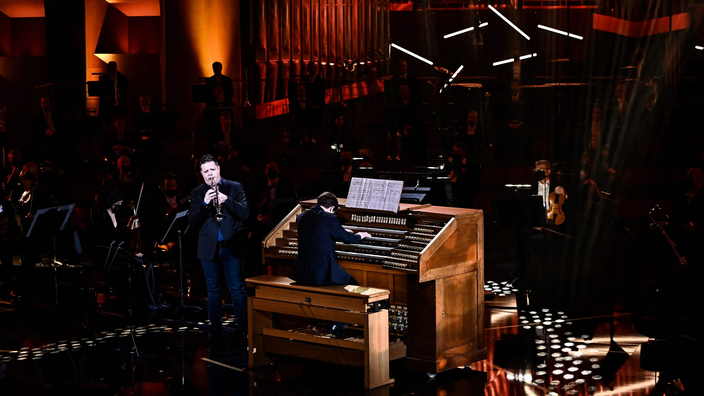
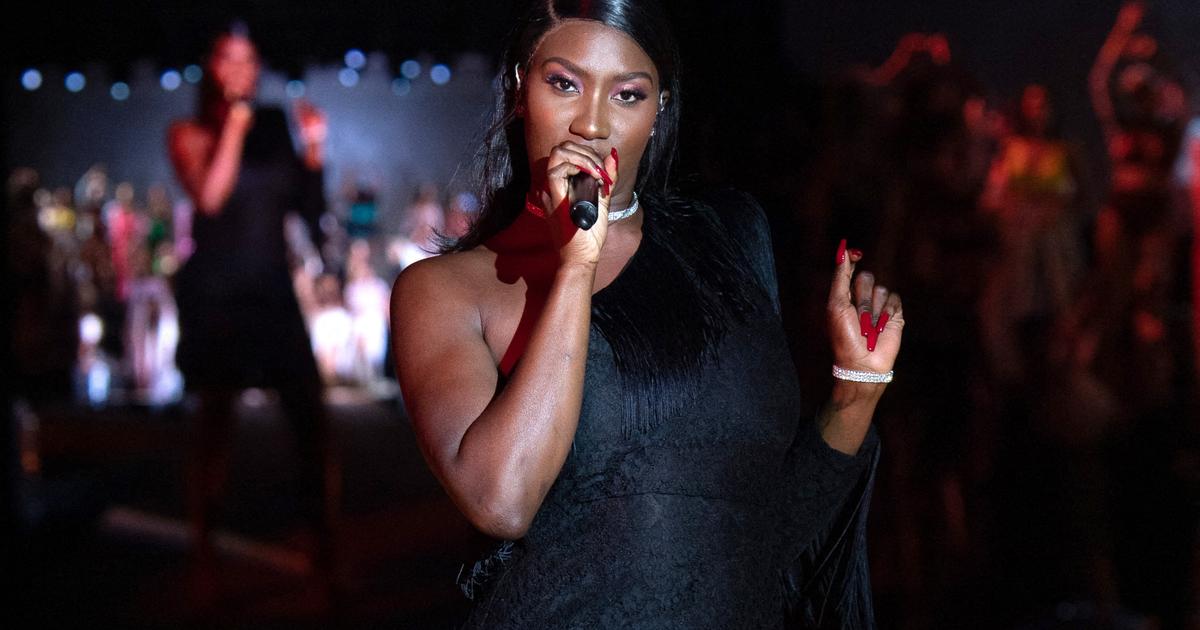
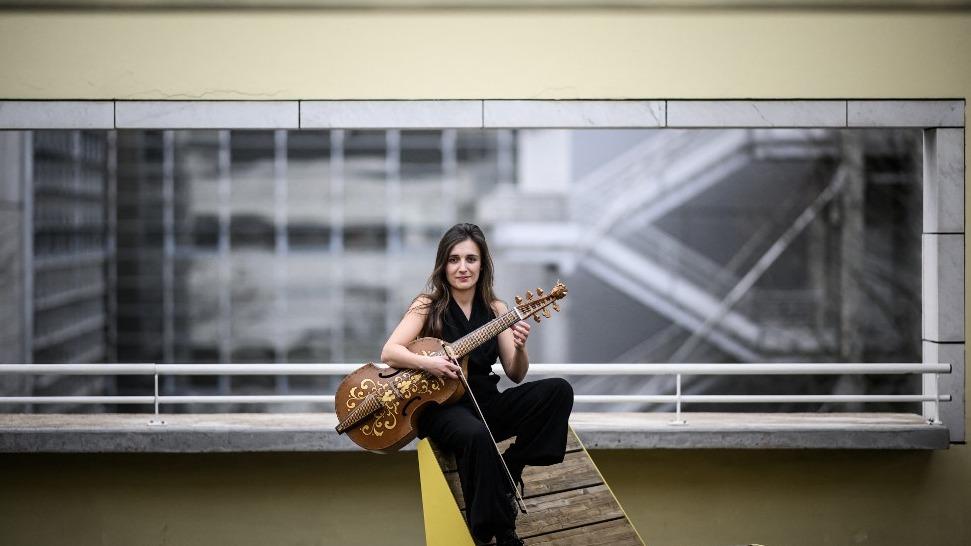
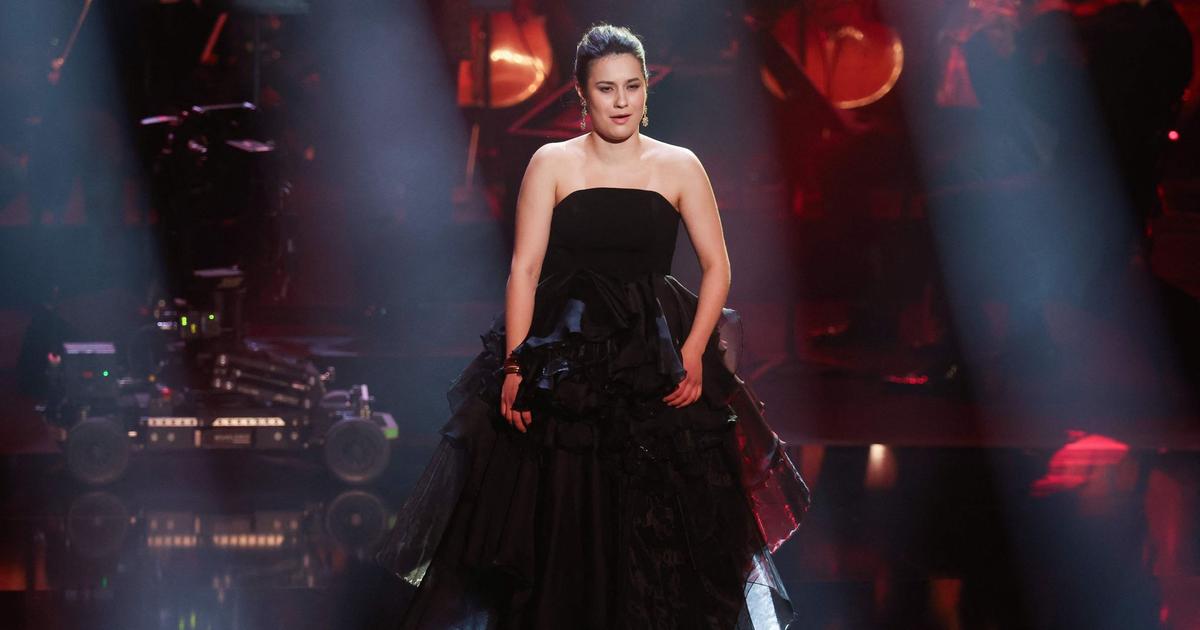
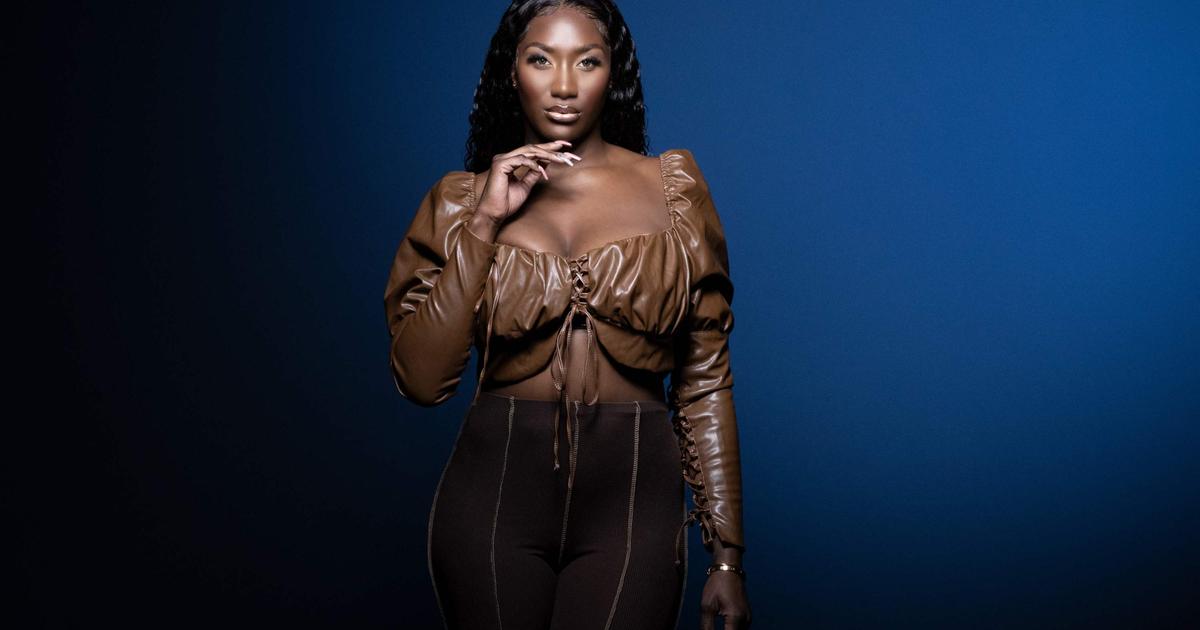
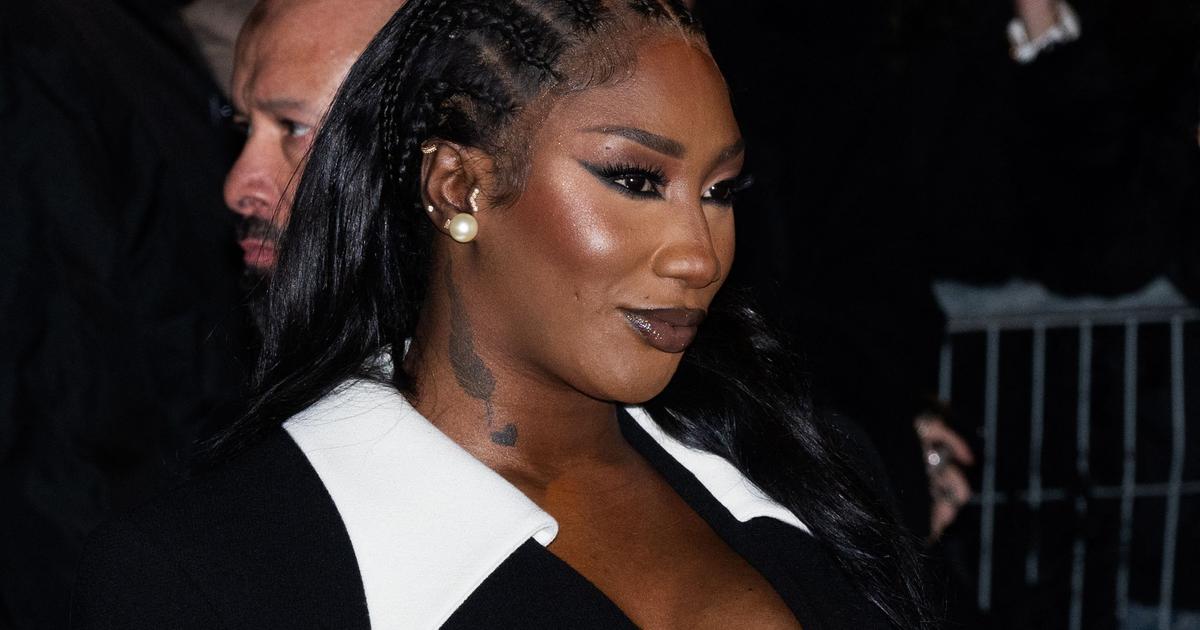

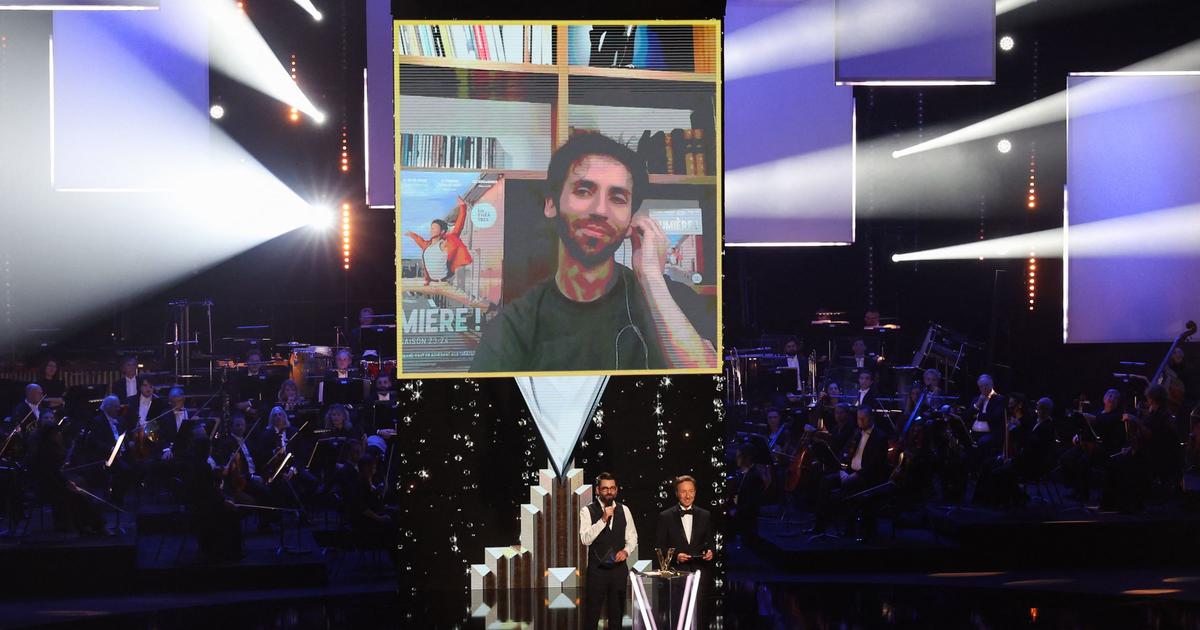
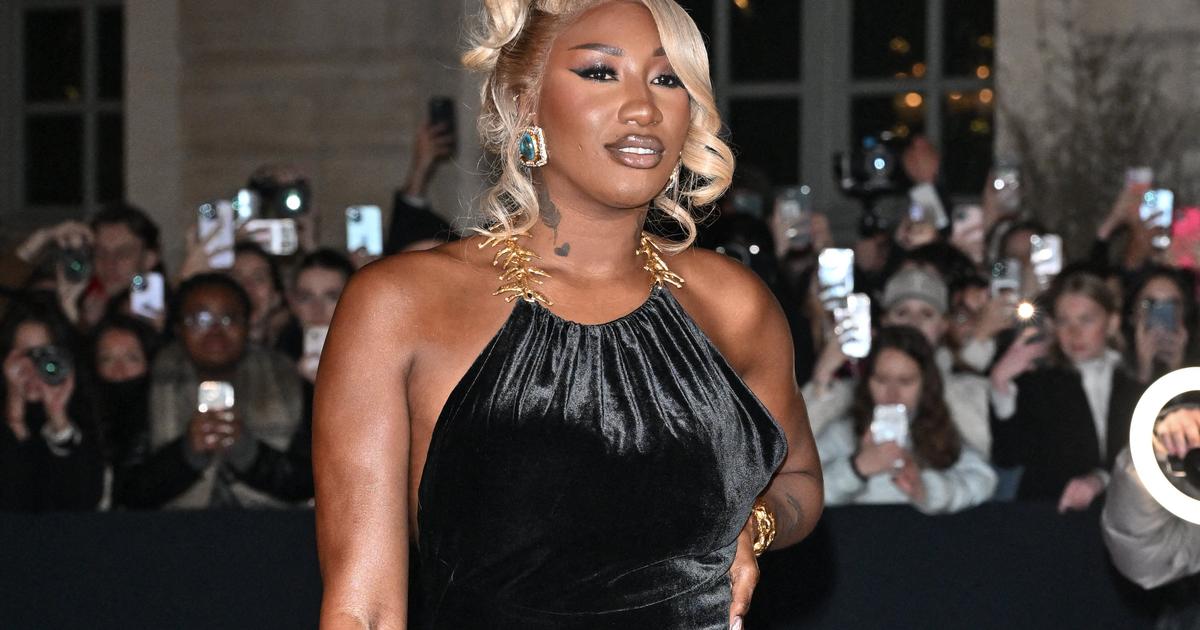

/cloudfront-eu-central-1.images.arcpublishing.com/prisa/S7ERVSCT4FUVX6R7TUVBDNTH5Y.jpg)



